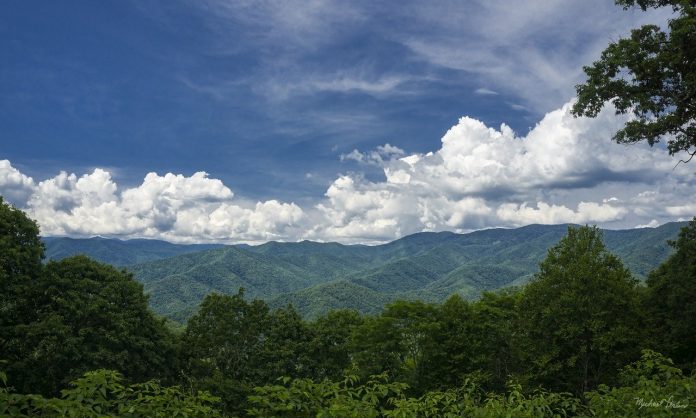The introduction of large-scale sugar production to Barbados in the early 1660s forced many small planters to consider emigrating to an area south of the Virginia colony and north of Spanish Florida.
The northern part of this territory would develop into a colony and later into a state that was drastically different than South Carolina, Georgia, Alabama, Mississippi and Louisiana.
When Charles II returned to the English throne in 1660, he was only too willing to use the vast lands of Colonial America as grants to noblemen for his own or their benefit.
He granted to a group of eight powerful countrymen, who supported him in that past and whose future support he wished to ensure, the lands south of Virginia which are now North and South Carolina and extending to the South Seas. They named this land Carolina.
Besides the furtherance of his personal ambitions, King Charles had four motives in the charter known as the Carolina Proprietary Charter: the propagation of Christianity, the enlargement of the British Empire, development of English commerce and the increase in the proprietor’s fortunes without investment.
Albemarle difficulties
Before the proprietors received their charter, colonization had begun in the northern portion of their grant. The first settlement was near Albemarle Sound and was founded by adventures from Virginia who were, for the most part, men of small means who found life in prosperous Virginia far from pleasant.
Despite fertile land and navigable rivers, the colony grew slowly and by 1677, the population was only about three thousand. Geography dictated the reason for the colony’s backwardness and isolation that was not experienced by any of the other 12 colonies. A large portion of swampland separated Virginia and the Albemarle area.
The rivers, although they promoted trade within the colony, discouraged intercourse with neighboring colonies because they flowed eastward and roads needed to be built north and south. The roads were, therefore, very poor by colonial standards.
The harbors were limited, as they were too shallow for larger ocean vessels to develop trade with the mother country. The Atlantic Ocean current, across the face of the territory, was so treacherous that it came to be called “the graveyard of the Atlantic.”
The history of Albemarle is one of unrest, confusion, disorder, slow growth and armed rebellion. The proprietors, unhappy about the slow growth for which they were partly responsible, expended more thought, time, and money on the southern portion of the colony they soon called South Carolina.
Land was the chief form of wealth in the colonies and the proprietor’s hard-nosed policy of allowing a settler only 50 acres and charging a quit-rent of one-half cent per acre per year, did not digest well with hard-working yeomen farmers short on currency.
Albemarle’s democracy and government was also a major factor for the trickle of settlers to the northern Carolina colony. The proprietors failed to establish a strong, stable and efficient government at any period in the settlement’s history.
The neglect was shown in other aspects as well. The settlers that did make homes in the land were left largely by themselves. The proprietors sent no settlers from England and furnished no provisions of supplies. After 1670, the southern section of Carolina received the major interest of the proprietors’ attention.
Culpeper’s Rebellion
The most serious and dramatic illustration of the weakness of the proprietary government was Culpeper’s Rebellion of 1677-1679. It was one of the first popular uprisings in American history. The rebellion was provoked by the efforts of the local government to enforce British trade laws.
The “Popular Party,” led by John Culpeper, highjacked the colonial government and established their own authority for two years. This event marked the practical end of the Carolina settlement and the early phase of North Carolina as a separate colony. In 1729, both colonies became Royal Colonies.
The North Carolina population was different than the other 12 colonies. Most of the settlers came from Virginia, New England, Pennsylvania and Barbados rather than directly from England. There was also a scattering of French Huguenots, Germans and Swiss.
Rugged individuals
Because of the coastline, they settled the backcountry and then filtered toward the Atlantic coast. They were lower middle class, small yeoman farmers with a subsistent living supported by raising tobacco as a cash crop. Farm labor was provided by the family; slavery or indentured servitude was rare. Towns of any size were not established for the first half-century of the colony’s existence.
The isolation helped to promote a rugged individualism among the people who resented any type of interference with their way of life. Schools were almost nonexistent in the 17th century and their worship was generally not in accord with the Church of England.
By the time rice and Sea Island cotton-growing assured the prosperity of South Carolina in the 1700s, North Carolina still remained an inconspicuous home for plain farmers who were neither rich nor eminent.
While southern gentry came to dominate local, state and national governments in the south during the 19th century — not so in North Carolina. The “valley of humility between two mountains of conceit” contained few aristocrats and more homestead farmers than did her neighbors.
When the Civil War began, North Carolina was 12th in population and the yeoman characteristic that dominated the state was out of place in the slave-dominated South.
The early history of North Carolina was lackluster, but as soon as Duke, North Carolina State, and the University of North Carolina were established, and basketball and hoops were invented — the state became a hoot. That’s your history!













